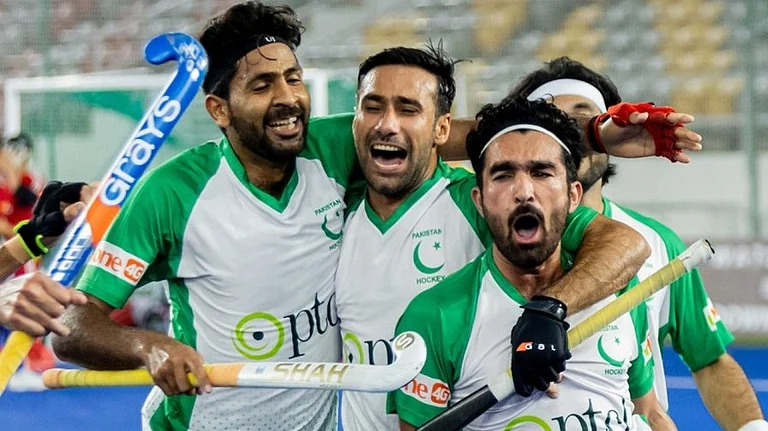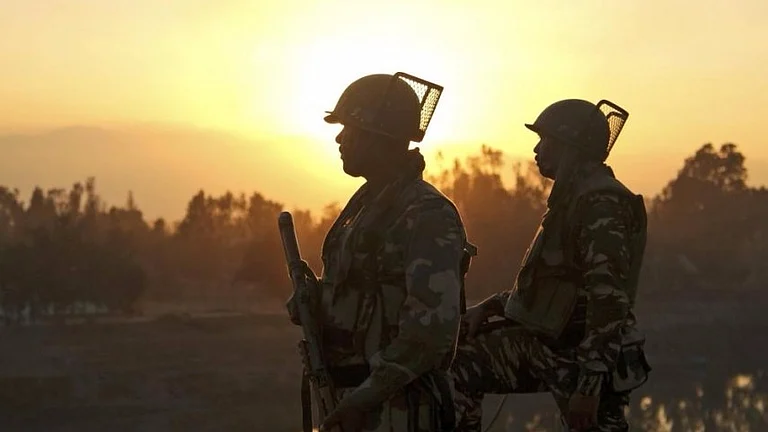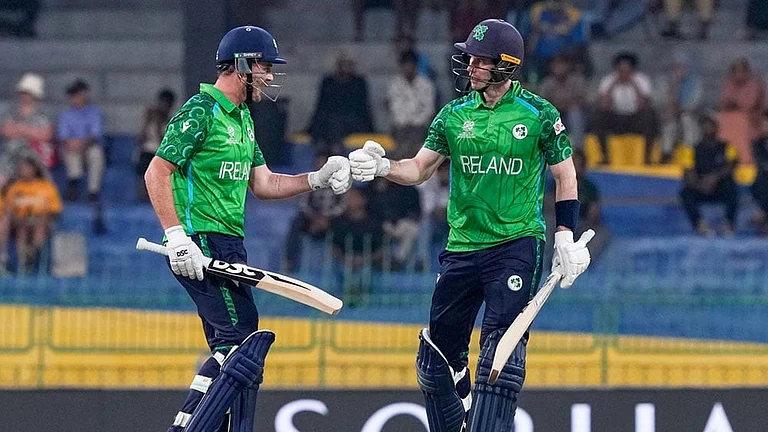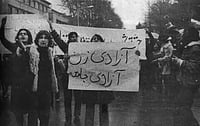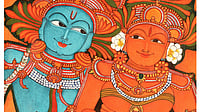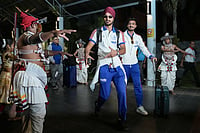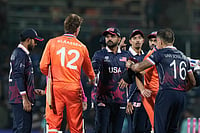It has been well over a month since Queen Elizabeth II reached her inevitable end and no one has got over it. The British, of course, were lining up various palaces to get a glimpse of the new king in waiting William even as, in their grief, they counted rainbows over the former Queen’s various palaces.
The Netflix show The Crown, airing since 2016 and seeing a stupendous worldwide increase in viewership post the Queen’s death, is subject of new worry for the British on how King Charles will be portrayed in his divorce depiction in the new season dropping next month. It’s not just the English public as even their celebrities are hand wringing over the Royals. Britain had a political crisis last week with Prime Minister Liz Truss resigning but that didn’t come in the way of English actor Dame Judi Dench penning a note about her reservations on the creative liberties The Crown takes in the telling of the royal saga.
Seeing all the hullabaloo over the death of the 96-years-old who held a mainly ceremonial post with no significance for the world in death —or indeed life— makes one compare it to India’s own erstwhile Royals who are so out of sight and public imagination that people would find it hard to name offhand even two current members of any of the major former royal families splattered across the Indian states. And what this difference could possibly tell us about the two nations.
Of course, the major difference is that monarchy was abolished fully in 1971 by India. Meanwhile, the Britain, while a parliamentary democracy like India, is a constitutional monarchy.
The subject of monarchy is tricky for a modern democracy. The idea that some people should get to waltz around the world in jewels and inherit palaces and positions merely due to birth is not just absurd but it’s against the ideals of a modern equal world. Even the British struggle with the absurdity but they were also shrewd enough to recognise that the Royal Family is a phenomenal public relations engine that can come to a halt in the republic of Britain and they have not yet abolished the official post of monarch, though of course they are kept separate from governance.
With the publicity around the British Royal Family only growing in recent decades, where once it was worried about relevance, they are firmly established as the celebrities of United Kingdom. People obsess over not just Kate, her dresses, her jewels, her children, but also of the lesser Royals of the extended family.
While in the United States, this space is taken up by Hollywood stars and to an extent by pop music stars — the Pitts, Jolies, Beyonce, and Rihanna, both of these celebrity circuits showcase the soft power of their country.
As members of Hollywood and the entertainment industry, American A-list stars represent the rewards of opportunity on which the land of free superpower is built.
As members of the House of Windsor, the British Royal Family is positioned —from Diana to Elizabeth II— as the “people’s princess” or the “Queen Who Earned Respect” by winning the love of the people through wisdom, grace, service and British stoicism, and not power which the Royals no longer hold politically, in their royal tenure.
India, meanwhile, is strangely a hotchpotch. Unlike post-Independence period when a variety of stars came up along with the film industry, aligning India with the values of a liberal modern democracy of equal opportunity, the past two decades have seen a generational hand-me-down of stars taking over from parents, from the Kapoors to the Bachchans and quite a whole lot in between. Shah Rukh Khan and Deepika Padukone have been among the handful of top stars who made it from outside the industry. Now even the Khan Jrs have their eyes on Bollywood. As for the Royal families who once ruled the country, they are out of the national picture of A-listers, unless one becomes a movie star or a politician.
You can argue that any kind of celebrity culture is a manufactured construct and unhealthy for consumption, but if there is no way out but to join them to best benefit, the current crop of A-listers, mainly Bollywood stars, are not a good strategy for use of celebrity, either for internal or external projection. The Bhatts, Roshans, Khans, Pandeys, and various lines of Kapoors may keep insisting on their talent but the cronyism can’t be whitewashed and the industry no longer reflects the free and fair society India had hoped to achieve 75 odd years into the modern democracy.
We are obsessing over people who had it relatively easy, got their jobs and stardom handed to them almost on a platter and now go around preaching to us in interviews about the talent they possess and inform us via their Instagram reels how grateful they are for the blessings they have because they are such special people. Their looks are sponsored, they worship money, and they sound best when their lines are given to them. They inform us neither on opportunity nor talent or any free world they supposedly represent.
At least if we had not brushed our royalty under the carpet along with the abolishment of their privy purses because we, high on the ideals of a caste- and creed-free society away from chance of birth, were so ashamed of them in the republic’s infancy, we might have used the royals to at least tell us about ourselves. From heirlooms passed down through generations to their customs and mannerisms and their stories, they carry a link with our past and our history which does not go beyond a few arty coffee table books today.
The other plus-point of royalty as celebs would be that royals worldwide, unlike the Bollywood stars of today who blabber on endlessly, very rarely open their mouths as they are generationally trained in the adage that it’s better to be thought a fool than be proved one. We would have been spared an unending national headache of epic proportions.
Everyone knows that the best way for a nation to tell a story is through its people. Our celebrity story is currently falling between two stools and representing nothing except an empty space that has to be filled with garbage.







